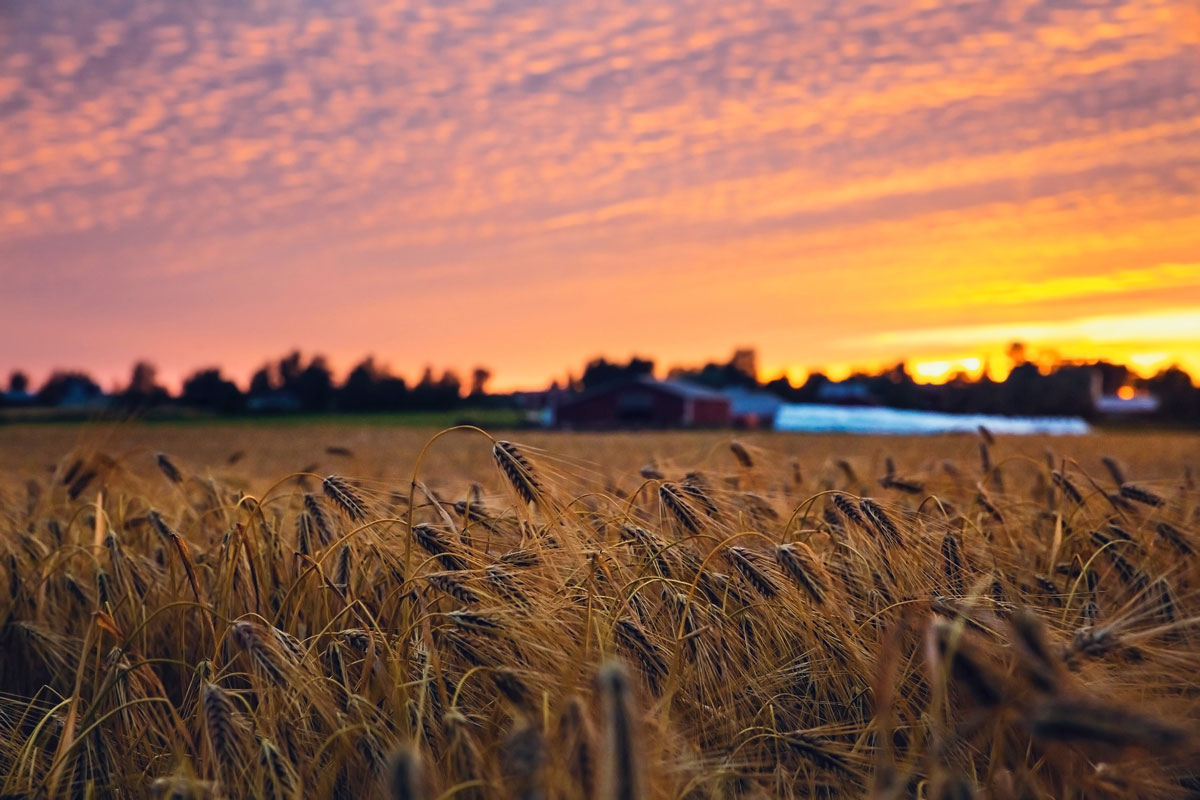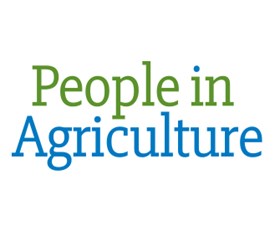NASA technology inspires speed-breeding Grain Varieties
2/2/2018
Australian scientists, impressed with NASA experiments of growing wheat in outer space are planning to develop a similar system to help speed up the time it usually takes to get new grain varieties. With this new technology, growers will be able to cut off an entire decade off growing time for new types.
Australian scientists, impressed with NASA experiments of growing wheat in outer space are planning to develop a similar system to help speed up the time it usually takes to get new grain varieties. With this new technology, growers will be able to cut off an entire decade off growing time for new types.Since new varieties are improving in their ability to fight off disease while improving yield, it can take up to twenty years to produce crops that are productive and resistant. But it was the senior research fellow from the Queensland Alliance for Agriculture and Food Innovation (QAAFI) Dr Lee Hickey who thought that the way astronauts trick plants into growing faster in outer space could be manipulated and used to help with developing new breeds of plants down here on earth.
He said "We can go from seed to seed in just six weeks for wheat barley, and it works for a whole bunch of other crops that we grow on a big scale in Australia and other countries around the world like chickpea or canola," he said.
"What it means is we can achieve up to six generations per year instead of just one in the field every year.
"Our experiments showed that the quality and yield of the plants grown under controlled climate and extended daylight conditions were as good as or sometimes better than those grown in regular glasshouses."
The new techniques have not just now being adopted. In fact, they have been used by the University of Queensland for the past ten years. Work from which has been since published in Nature Plants. Though the technique has only been using for research the interest from the industry is quite overwhelming, and critical participants want the method put into place on a broader scale outside of research.
There has also been quite a bit of global interest in the technique as well since it could help the world to produce up to 80% more food by 2060 which will help to feed the population of 9 billion.
Over the last year, there have been some requests for the speed breeding protocols. These claims have been made by plant breeders and scientists from more than 23 countries all over the world. It was this that motivated to write a paper providing the protocols, so everyone who wanted them could have them freely reported Dr Hickey.
The UQ team has developed a DS Faraday high protein milling wheat variety in conjunction with Dow Agro Sciences. This array is slated to be released later in the year 2018. He indicated that they introduced dormancy genes so that the wheat would be able to better handle wet weather during harvest which is a problem that scientists have been trying to find a solution for, for more than 40 years.
"We've finally had a breakthrough in grain dormancy, and speed breeding helped us to do it." Stated Dr Hickey. And now we are onto investigating with some other modern corps as we see an excellent future for horticultural crops and vertical farming systems.
Nasa Inspired speed breeding will be a powerful tool for future development of crops.





